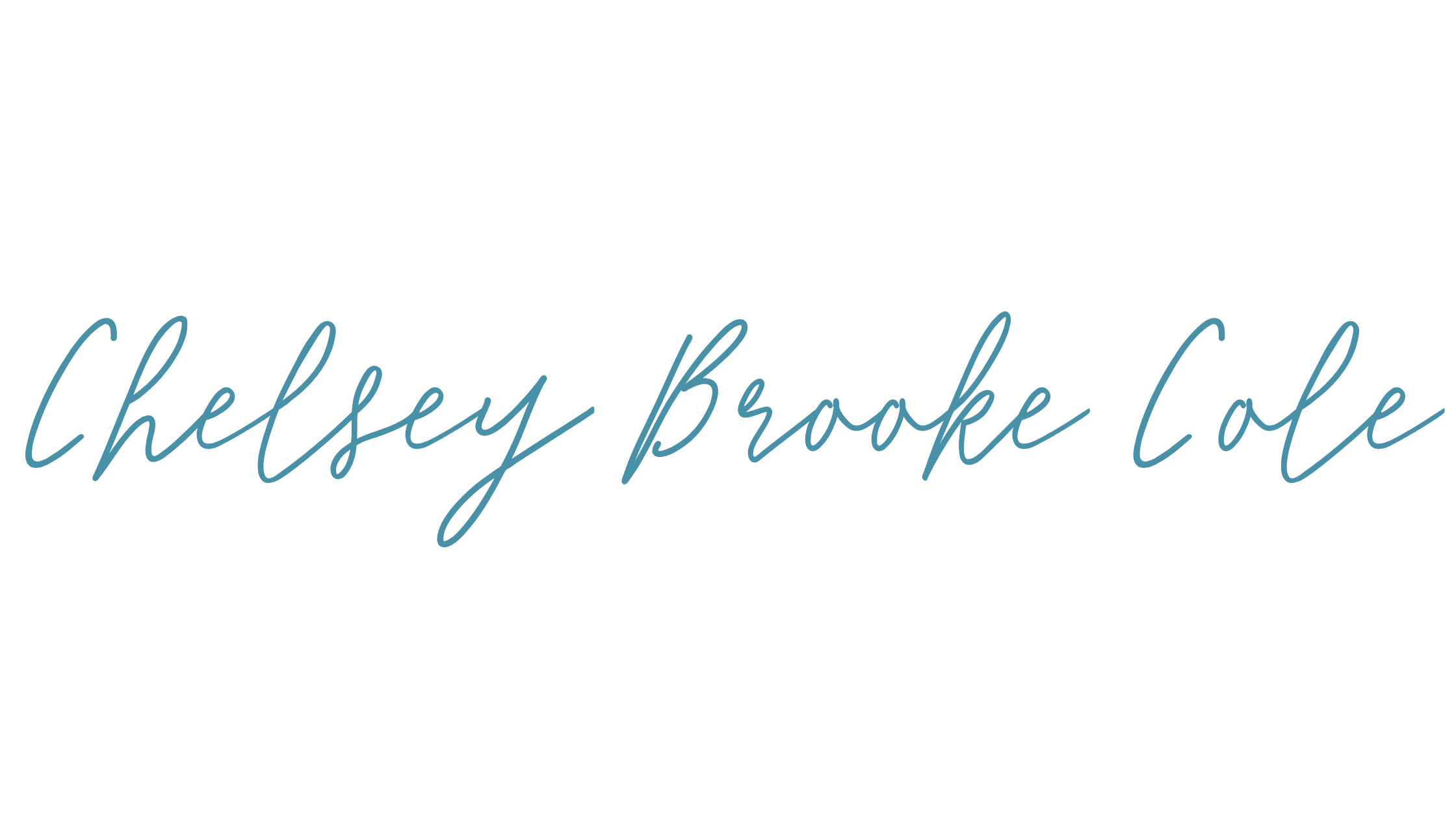
Narcissist – the word might send chills up your spine or make you think of your arrogant boss, overly-opinionated family member, or toxic partner.
Either way, we can’t escape the fact that the term narcissist has become a buzzword these days and as with anything that catches the spotlight of pop psychology, it’s shrouded with myths and truths.
Before we explore the types of people narcissists target, let’s get clear on what being a narcissist really means. At their core, narcissists are insecure. Even though many appear arrogant or overly confident, these are simply defense mechanisms to cover up a very fragile ego. They’re entitled, lack self-reflection and empathy, don’t take personal responsibility, and are constantly on the hunt for external validation, or what is often referred to as “narcissistic supply”.
The two main types of narcissists are grandiose and vulnerable. Grandiose narcissists represent what we typically think of when we hear the term “narcissist.” They’re arrogant, boisterous, talkative, and always the center of attention. Although their “self” preoccupation can be incredibly frustrating, their charm and charisma often make them alluring and attractive at the same time.
Vulnerable narcissists are also entitled and arrogant – but their entitlement comes across quite differently than that of grandiose narcissists. While the grandiose narcissist’s mantra might be “World! Look how great I am!” the vulnerable narcissist’s mantra would be “Why doesn’t the world see how great I am?”.
Vulnerable narcissists are often mislabeled as depressed, as they can come across as sad or “down on their luck.” They have an endless list of examples about how they were “done wrong” and express grand ideas for what they could’ve accomplished if only someone would have seen how great they are.
They’re defensive, hypersensitive, and skilled at getting people to feel sorry for them.
If you’ve experienced narcissistic abuse or been victim to their smear campaigns, you might have felt anxious, confused, hypervigilant, isolated, or emotionally devastated. Narcissists are masters at manipulation, employing psychological tactics like gaslighting (e.g., “I never said that!” “You’re crazy.”), guilt-tripping, and boundary-pushing to make you question yourself, your intentions, and ultimately your reality.
Now that we have a foundation for understanding narcissism, it’s important to explore the term introversion as well. In her book The Introvert Advantage, Dr. Laney describes introverts as “energy-conservers” and extroverts as “energy-spenders”.
Introverts gain energy from being alone and having time in solitude to sift through their thoughts, while extroverts gain energy from being around people and having time to talk, socialize, and connect.
Although introverts are far more understood now than they were even a few decades ago, introverts still find themselves dealing with plenty of myths and misconceptions about who they are.
In fact, having this quieter, more contemplative mindset has been so misunderstood that some people erroneously believe that introverts are more likely to be narcissists, since we’re perceived at times as being “cold, distant, rude and arrogant.” Until very recently, this myth prevailed even on well-known sites like thesaurus.com, where the term “narcissist” and “loner” were used as synonyms for “introvert.”
But here’s the truth: grandiose narcissists are more likely to be extroverted, not introverted. (Now of course, being an extrovert does not make you a narcissist; it only means that those who are grandiose narcissists are more likely to be extroverted).
So, let’s circle back to our original question: do narcissists target introverts? Or do introverts’ generally calm, thoughtful demeanor make them an easy target for toxic people?
The answer: yes, and no.
Here’s what I mean: it’s not that narcissists target introverts per se – but narcissists do target empaths, and empaths are more likely to be introverts. Narcissists also tend to take advantage of certain emotional and behavioral patterns that many empaths and introverts can relate to, like:
- Overthinking
- Being easily guilted
- Second-guessing yourself
- Assuming the best in people
- Having a compassionate heart
- Being sensitive to others’ feelings
Now, you’ll probably notice that many of these traits aren’t “bad” at all – in fact, many of them exemplify what we would use to describe a good person!
And that’s the most heart-wrenching aspect about narcissists and narcissistic abuse: they take the good and use it – manipulate it, exploit it – until you feel you have nothing left to give.
So, if you’re a quiet over-thinker with a kind heart who also struggles to set healthy boundaries and tends to question yourself a lot… then you would be more susceptible to a narcissist’s manipulative tactics. But extroverts who struggle with similar things would be equally as susceptible.
At this point, many people start to wonder: can I be a kind person who gives second chances AND repel toxic people? Or do I have to become cynically minded to successfully ward off narcissists?
Here’s what you need to realize: your caring heart and willingness to see the good in people are gifts; and valuable gifts need protection. To outsmart a narcissist and protect yourself from toxic people, you need to do two things.
First, you need to understand the defining traits of a narcissist (which we explored in the beginning of this article). Second, you need to stop giving the best of yourself to those who devalue and discard you and start giving your gifts to those who will value and respect you.
Here are three simple steps to help you get started:
- Have Expectations & Standards
Narcissists take advantage of people who don’t have firm expectations for their relationships. Expect loyalty, honesty, and respect from the people in your world, and be willing to walk away from those who continually violate those expectations.
- Value Personal Development
Narcissists are uncomfortable being around people who always want to improve themselves. And they’re especially “put off” by people who want “growth-oriented” relationships. If you value personal growth and want to see that growth in those around you as well, narcissists will be out of there – fast.
- Express Your Truth
If you don’t like something or disagree with something, say so. Narcissists aren’t willing to “agree to disagree”. And they won’t stick around people who are willing to voice their own opinions. From the narcissist’s perspective, any disagreement or dissension is viewed as a personal attack.
YOU CAN PROTECT YOURSELF WITHOUT CHANGING WHO YOU ARE!
Learning to protect yourself from narcissists can feel overwhelming at first. But the art of repelling toxic people doesn’t take years to master or require you to become someone you’re not. In fact, we can sum it up like this:
- Be loyal – but to people who are genuine
- Be understanding – but look at actions over words
- Be giving – but don’t give unlimited second chances
- Be kind – but realize not everyone has good intentions
Introverts (and those willing to strengthen their intuitive muscle) have one BIG advantage over narcissists: the ability and willingness to self-reflect. Narcissists do not reflect on their actions, take personal responsibility, or have a great sense of self-awareness.
But introverts – tend to be some of the most thoughtful, observant, deeply reflective people on the planet. Which means if we’re willing to trust ourselves and our intuition… we can spot narcissists before they ever have a chance to entangle us in their toxic web! Bottom line: never underestimate your ability to identity toxic people. Self-reflection IS a superpower. Here’s to being your own hero!
If you’re looking to heal from narcissistic abuse or relationship trauma, I can help! I specialize in helping people heal from toxic, dysfunctional, or harmful relationships. I recommend starting here and getting my free bimonthly newsletter. Or contact me today about working together via therapy or coaching.



thank you,for this I’m I’ve felt like this for a few months now and the first time I heard the term gaslighting,,I didn’t know there was a word for it and I didn’t know that I’m not the only one, ,this help me alot ,I thought I was going crazy
Thank you, this reading takes my understanding and what to do about it to the next level.
There are lots of great sources out there that have been helpful in the journey of understanding what is actually going on, but this is so accurate, to the point, takes in relevant aspects and gives great advice in what to do and what to look for.
Great rules to live by like : Be loyal – but to people who are genuine.
Easy to say, takes practice. Getting better at it already.
I have been on the edge to throw loyalty overboard and abound the world because of narc-abuse,
but off course – listening to my heart – There are somebody I want to be loyal to even more now.
My loyalty triples in strength when I sense a smear campaign, gas-lightning or whatever when I see it happen to someone nice, cause I understand what’s going on now.
I have a gf that explodes at the slightest things I feel and it seems to always be my fault and won’t speak to me for lengths at a time. Today she blew up at me because I didn’t add a heart to my love you txt. But it’s odd because we can have amazing fun at times too but then in an instant it could all change and I Am blindsided by an anger . Is she a narcissist or I am I overthinking
Hi David,
Those behaviors sound concerning! If I were you, I would consider whether these behaviors are acceptable or unacceptable in a partner. Instead of looking at this from a “Is she a narcissist?” perspective I would look at this like “How do these behaviors make me feel? Does this work for me?” Ultimately, we need to be looking at whether or not behavior is healthy or unhealthy, and not just “narcissistic” or “not narcissistic.”